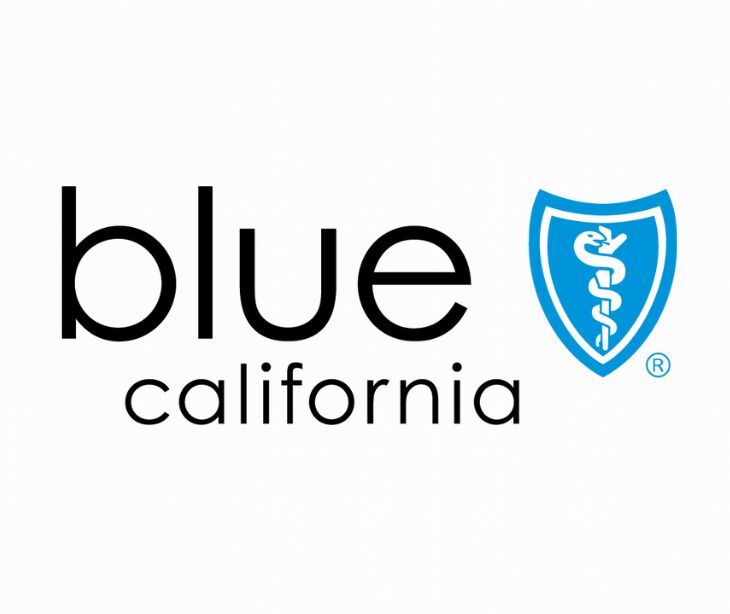2 min read
Blue Shield of CA exposes 4.7 million members’ health data to Google
Farah Amod
Apr 30, 2025 5:21:49 PM

Blue Shield of California accidentally shared sensitive health data from 4.7 million members with Google due to a years-long analytics misconfiguration, raising urgent concerns about privacy in healthcare marketing.
What happened
Blue Shield of California has confirmed a large-scale data breach that exposed the protected health information (PHI) of 4.7 million members to Google’s advertising and analytics platforms. The nonprofit health plan serves nearly 6 million people across California and disclosed the incident via a data breach notification on its website. The U.S. Department of Health and Human Services (HHS) breach portal has since been updated to reflect the scope of the exposure.
According to the notice, a misconfigured Google Analytics setup resulted in member data being inadvertently shared with Google Ads and its associated advertisers between April 2021 and January 2024.
Going deeper
The data exposure was discovered on February 11, 2025. According to Blue Shield, the misconfiguration allowed sensitive user data to be collected and potentially used for targeted advertising. The data included plan information, group numbers, account identifiers, provider details, medical service dates, and even search activity related to the “Find a Doctor” tool.
Although highly sensitive data was exposed, the breach did not include Social Security numbers, driver’s license details, or banking and credit card information. Despite the scale of the incident, Blue Shield has not offered identity protection services and has not confirmed whether individual notices will be sent to affected members.
This marks the second IT-related incident for the organization in less than a year. In 2024, nearly one million members were impacted by a ransomware attack on Blue Shield’s vendor, Connexure (formerly Young Consulting), linked to the BlackSuit threat group.
What was said
In its public statement, Blue Shield acknowledged that Google may have used the exposed data “to conduct focused ad campaigns back to those individual members.” While the company stated that it is reviewing and enhancing its data practices, there has been no clear indication of remedial steps offered to impacted individuals.
The breach portal entry confirms the data loss classification as an “unauthorized disclosure,” which suggests potential violations under HIPAA’s Privacy Rule.
The big picture
What makes this case unique is that Blue Shield didn’t suffer a cyberattack, it exposed member health data through its own digital tools. For nearly three years, a basic analytics misconfiguration quietly funneled sensitive information into Google’s ad systems. No breach notice. No alerts. Just quiet tracking in the background of a healthcare platform. It shows even without bad actors, healthcare data is at risk when compliance is an afterthought.
FAQs
Was any of the exposed data used for targeted advertising by Google or its partners?
Blue Shield has not confirmed whether the data was actively used, but acknowledged that Google may have used it for personalized ad campaigns.
How can members find out if their information was part of the breach?
As of now, Blue Shield has not indicated plans to notify individuals directly. Concerned members are advised to monitor their online activity and contact Blue Shield’s support for further clarification.
Does this type of data exposure violate HIPAA regulations?
Yes, improper disclosures of protected health information (PHI) to third parties without consent may constitute a violation of HIPAA’s Privacy Rule, potentially triggering regulatory investigations.
Are there legal consequences for sharing health data with advertising platforms?
Unauthorized disclosure of PHI, especially for marketing purposes, can lead to substantial fines and enforcement actions under HIPAA and state privacy laws like the California Consumer Privacy Act (CCPA).
What steps should other healthcare providers take to avoid similar exposures?
Organizations should conduct regular audits of embedded third-party tools, restrict tracking scripts on pages involving PHI, and consult compliance teams before integrating analytics or advertising technologies.



.jpg)
